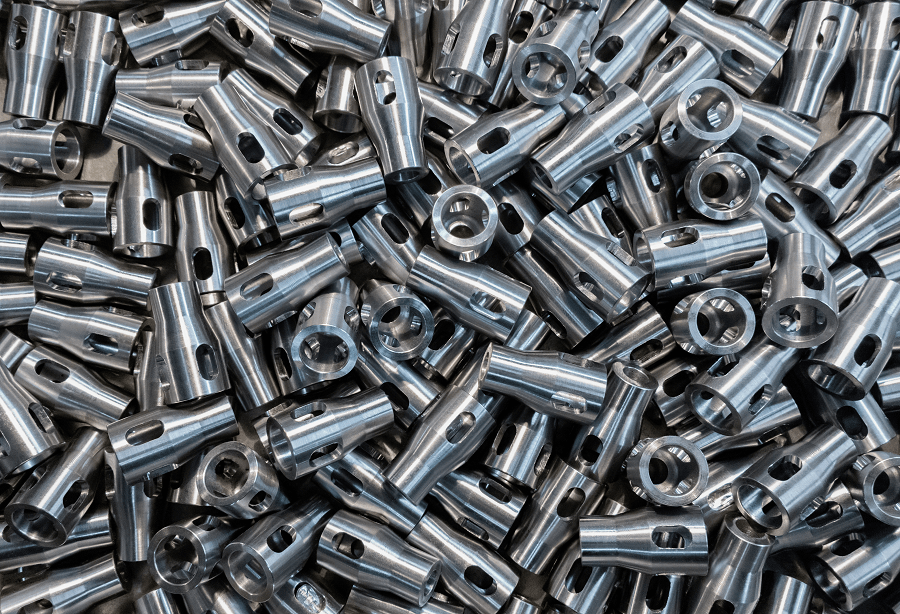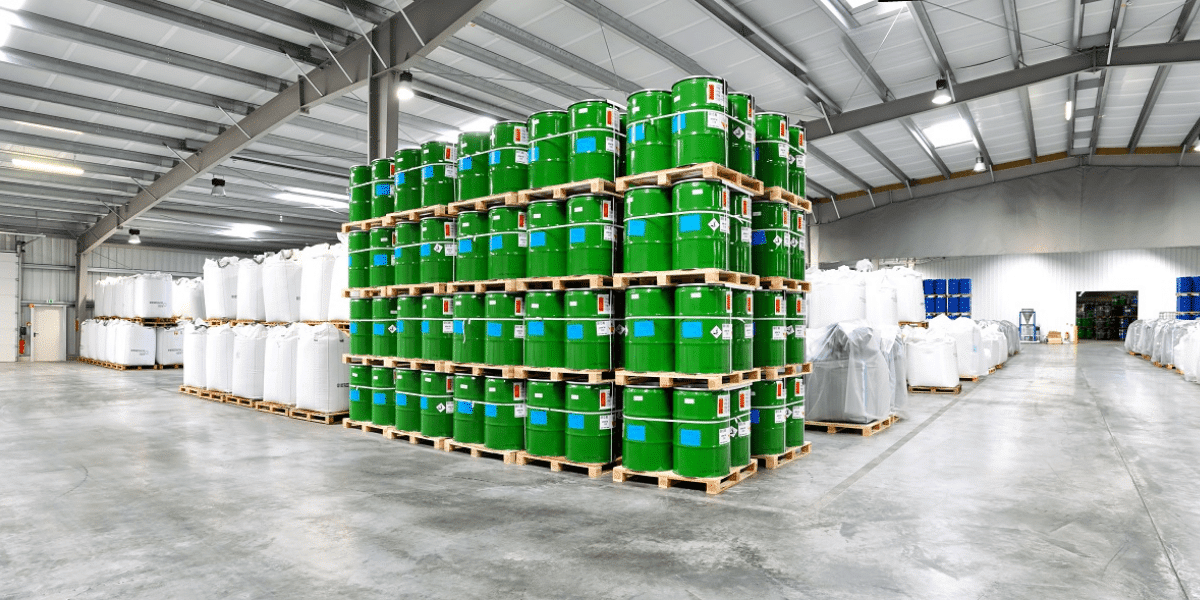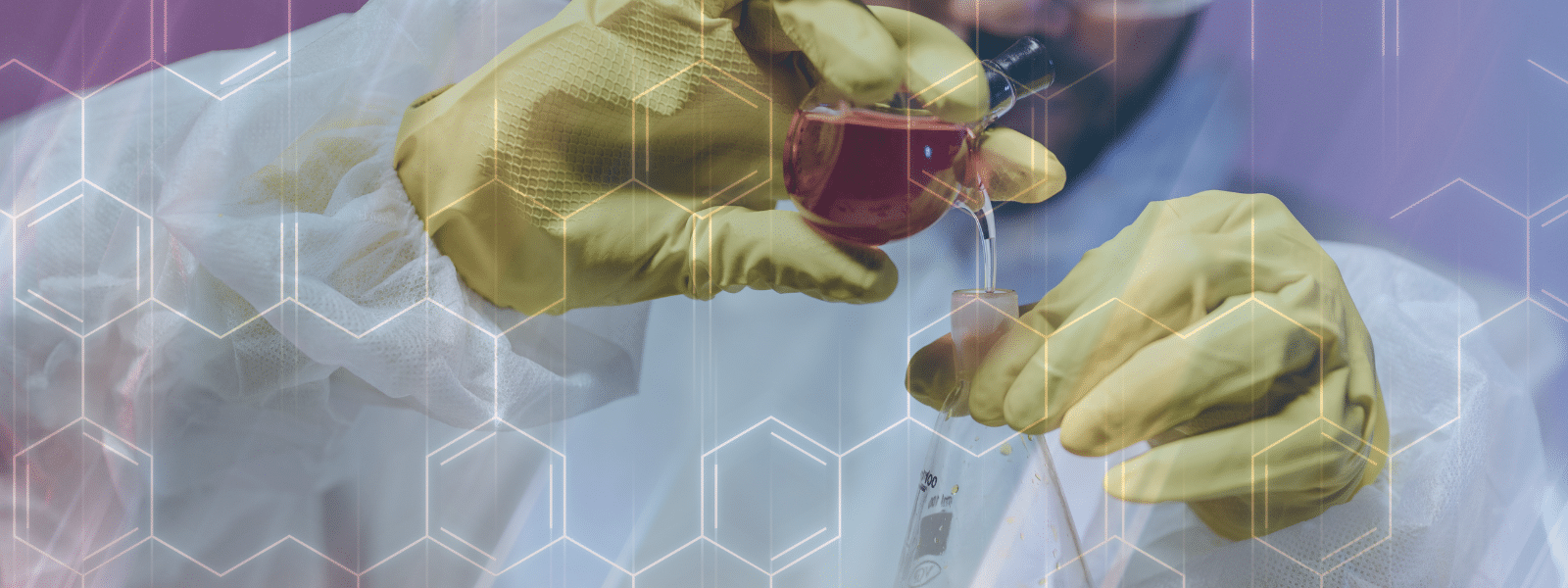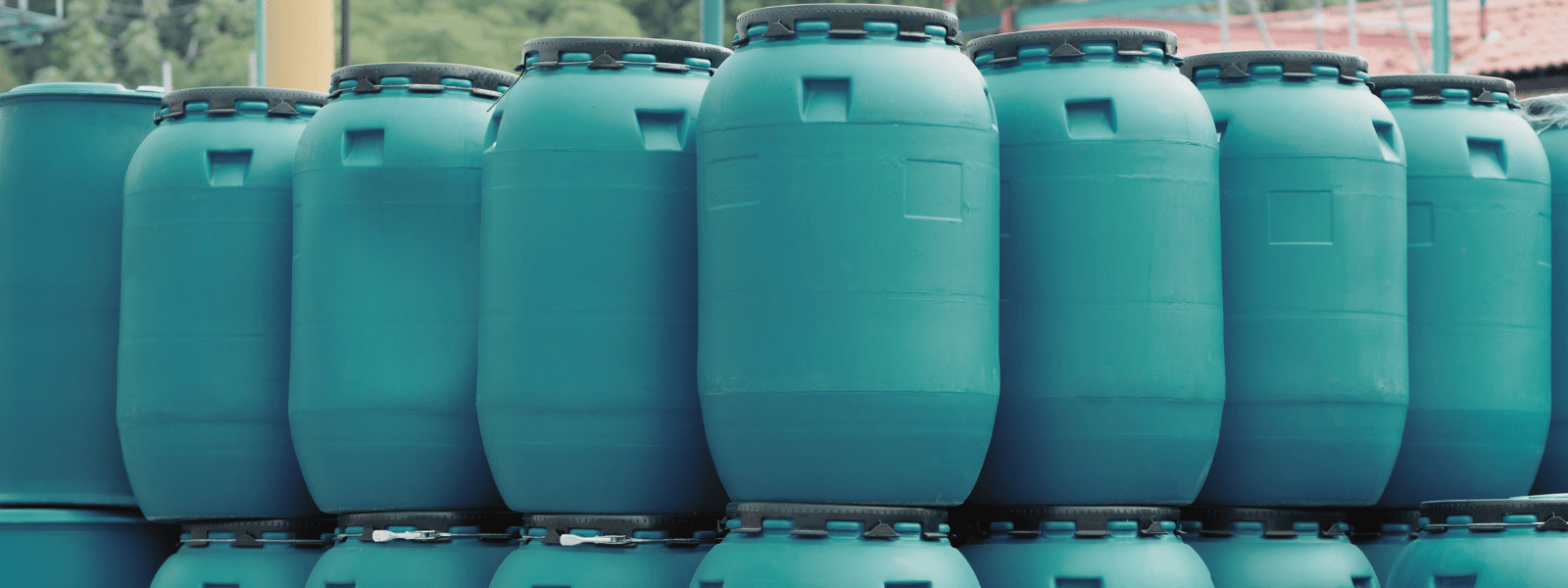As the green movement proliferates, “sustainability” becomes an increasingly important concept among environmentalists — a concept that has a trickle down effect, and is now a significant concern among industrialists worldwide. After all, their companies often have the power to make or break nearby ecosystems based on the type of chemical solvents their facilities use, how they use them, and the method of solvent disposal.
That’s why we’re spotlighting the discipline of sustainable chemical management in terms of using aqueous parts washer fluids, which largely focuses on sustaining chemicals for reuse. Having a professional chemical recycler recycle cleaning solvents is an environmentally prefered option, but on-site preparation of chemicals for reuse is the optimal choice for two reasons: It can reduce the frequency of solvent purchases, and it helps mitigate waste disposal expense by sending less liquid into the waste trap.
How Parts Washing Systems Help
An industrial chemical user could purchase chemical recycling equipment that professional chemical recyclers use, but such a move wouldn’t be cost effective, unless one the user’s core practices is industrial chemical recycling. However, while formally recycling chemicals may not be a part of the business equation, cleaning parts using parts washing systems often is — and some parts washing systems are designed to recycle solvents.
Apart from seeing them operate firsthand, one of the best ways to understand the design of parts washers that support aqueous parts washer fluids is to give a description of how the parts washing cycle works. In most cases, parts washing systems that facilitate chemical recycling include the following eight steps in one wash cycle.
- Soiled parts are placed on a rack inside the washer.
- Solvent is placed in a basin below the rack.
- A heating coil in the basin vaporizes the solvent.
- Vaporized solvent rises to clean soiled parts.
- During cleaning, airtight seals maintain vapor pressure.
- A vacuum pulls the used solvent into a cooling zone.
- The solvent condenses and collects in a holding unit.
- Clean solvent transfers to the solvent basin below the rack.
If promoting sustainable chemical management with a parts washing system sounds simple and hassle-free, that’s because it generally is. The most difficult part is choosing the right parts washing system and selecting solvents whose boiling points easily support the system’s solvent recycling function. If you need assistance evaluating makes and models of parts washing systems, or you need help selecting solvents, the solvent specialists at Ecolink can help.
Contact Us Today
As time goes on, sustainable chemical management using aqueous parts washer fluids will grow in scope and importance. To get started on supporting the discipline by using a parts washer that recycles solvents, give us a call today at (800) 563-1305, or use the contact form on our website.
Ecolink has a rich history of formulating stock solvents and custom solvents that are environmentally preferred and environmentally safe, come in a variety forms, and can be used to remove numerous tough substances that non-industrial solvents can’t touch. We look forward to helping you support sustainable chemical management with aqueous parts washer fluids.















